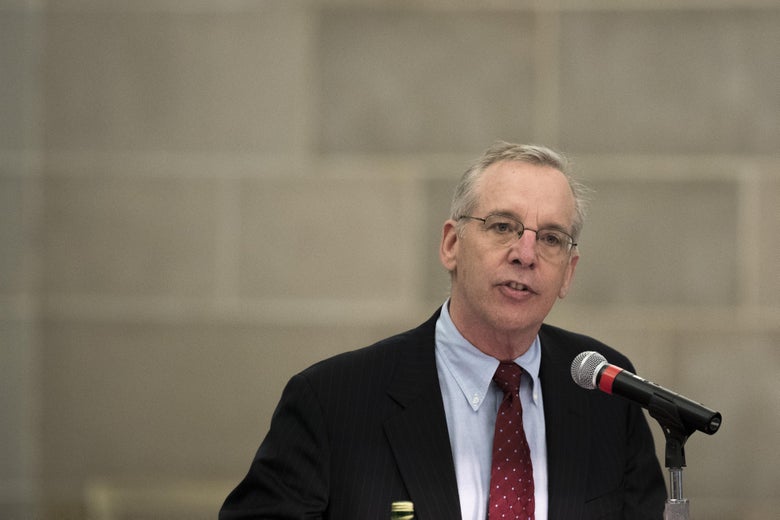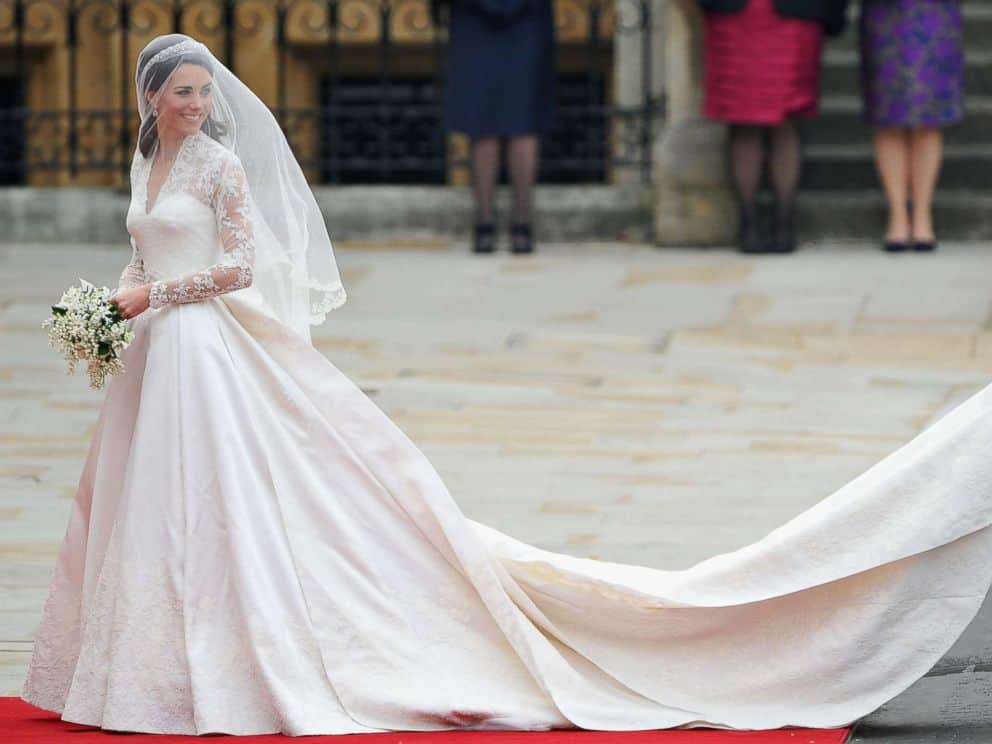
It’s pretty rare that someone pens a hot take capable of causing immediate and serious damage to one of America’s key political institutions. But Bill Dudley may well have pulled it off! Today in Bloomberg, Dudley argues that the Federal Reserve should punish Donald Trump for his trade policies and actively sabotage his reelection bid by allowing the economy to tank.
The idea is awful on its merits. People would lose their jobs, their health care, etc. But what elevates the piece to truly epic heights of irresponsibility is that, until last year, Dudley served as the president of the Federal Reserve Bank of New York, widely viewed as the Fed’s second most powerful position. He is an insider’s insider, and if ever a single piece of writing could fuel conspiracy theories that a cabal of central bankers is out to sabotage Trump’s presidency, this one is it.
There are a few important pieces of background here. First, Trump has been waging a trade war with China that most experts believe is already harming the economy, and could do serious long-term damage to some industries if it escalates further. Second, the president is generally furious at Fed Chairman Jerome Powell for slowing growth by keeping interest rates too high, in his opinion, and now wants him to aid in the conflict with Beijing by lowering rates ASAP. This would likely boost the U.S. economy, giving Trump more political leeway, and weaken the dollar—making Chinese goods more expensive for Americans, and American exports cheaper to the world. The president has repeatedly lashed out at Powell for not acting faster, going so far as to call him an “enemy” of the United States recently.
In doing so, Trump has pretty much shattered the long-standing Washington tradition of presidents avoiding public criticism of the Fed. By design, the central bank operates with a good deal of political independence, so that it can make potentially unpopular choices necessary to keep inflation in check or intervene during a financial crisis. Some of the Fed’s independence is baked into its structure: The members of its board of governors are nominated by the president and confirmed by the Senate, but get 14-year terms that insulate them from the day to day of politics; the regional Fed bank presidents, who rotate through the all-important interest rate–setting committee, are picked by groups of local businessmen. But some of the independence is really just a matter of norms: The Fed usually tries to keep explicit partisan politics out of its decision-making, and presidents have generally—though not always—held off on attacking its choices. Until Trump, anyway.
Which brings us back to Dudley. Like many, the Fed’s ex-No. 2 is concerned that Trump’s trade war with China is undermining the U.S. economy—which it probably is—and thinks this “manufactured disaster-in-the-making presents the Federal Reserve with a dilemma: Should it mitigate the damage by providing offsetting stimulus, or refuse to play along?”
In other words: Should the Fed cut interest rates, as Donald Trump has been demanding, and risk encouraging him to escalate the trade war? Or should it leave them right where they are, even if it means the economy might fall into a recession?
To many, this is not a hard question. The Federal Reserve’s job, handed down by Congress, is to keep unemployment as low as possible while maintaining stable inflation. There is absolutely nothing in its mandate about discouraging politicians from embarking on a harebrained trade war. If Donald Trump wants to pursue a mutually destructive, tit-for-tat tariff battle with China, that’s his right as a duly-elected president. It’s the Fed’s responsibility to keep the economy afloat, or try to, in the meantime.
But Dudley doesn’t see things that way. He not only believes the Fed should leave rates be but that it should take a political stand on the issue. “Officials could state explicitly that the central bank won’t bail out an administration that keeps making bad choices on trade policy, making it abundantly clear that Trump will own the consequences of his actions,” he writes.
This is a very bad scheme that, in the end, would almost certainly undermine the Federal Reserve’s own legitimacy. But it gets worse. Dudley basically says the Fed should try to throw the 2020 election, for the long-term health of the economy.
There’s even an argument that the election itself falls within the Fed’s purview. After all, Trump’s reelection arguably presents a threat to the U.S. and global economy, to the Fed’s independence and its ability to achieve its employment and inflation objectives. If the goal of monetary policy is to achieve the best long-term economic outcome, then Fed officials should consider how their decisions will affect the political outcome in 2020.
It is hard to overstate what a tremendously dangerous concept this is. Dudley is not talking about a conflict between two equal branches of government. If the economy crashes and Democrats don’t want to pass a stimulus because it might help Trump, that would be crappy and inhumane, but it’d also fundamentally be politics. Voters could decide who to hold accountable. Here, Dudley is effectively talking about an economic coup staged by a group of unelected technocrats. He doesn’t seem to be worried about the implications of this idea, because he feels the president has already politicized the central bank. “I understand and support Fed officials’ desire to remain apolitical,” he writes. “But Trump’s ongoing attacks on Powell and on the institution have made that untenable.” But that is absurd! The best way for the Fed to show it is not a political institution is to not act like a political institution, and intervene to help the economy when circumstances obviously dictate it.
And if the Fed did actually try to sway trade policy, or an election, it could easily lead to the end of its cherished independence. Republicans and Democrats might start appointing and confirming reliable partisans to the Fed who would do their best to manipulate policy to maximize their party’s electoral advantage, kneecapping the economy when the other guys are in power and pumping it up when their own presidents are in office. (Trump already tried this with Stephen Moore and Herman Cain, who thankfully weren’t confirmed.) Or Congress might decide to simply blow up the Fed’s current structure altogether to make it more politically accountable to the White House.
Given that Dudley is a powerful former leader, his op-ed is not merely ill-conceived, but outright dangerous. Trump and plenty of other Republicans are already prone to seeing deep state conspiracies hellbent on taking down the president where they almost certainly don’t exist. They are already prone, for that matter, to hate the Fed. But given his previous position, it is not a crazy leap to think that Dudley is voicing thoughts that other people inside the central bank have entertained. Ironically, by mouthing off on the internet, Dudley may be putting even more pressure on Powell & co. to go along with Trump, lest they look like they’re plotting regime change. But even if they do, this op-ed will probably live on as proof among the president’s supporters that the swamp is out to get him.























